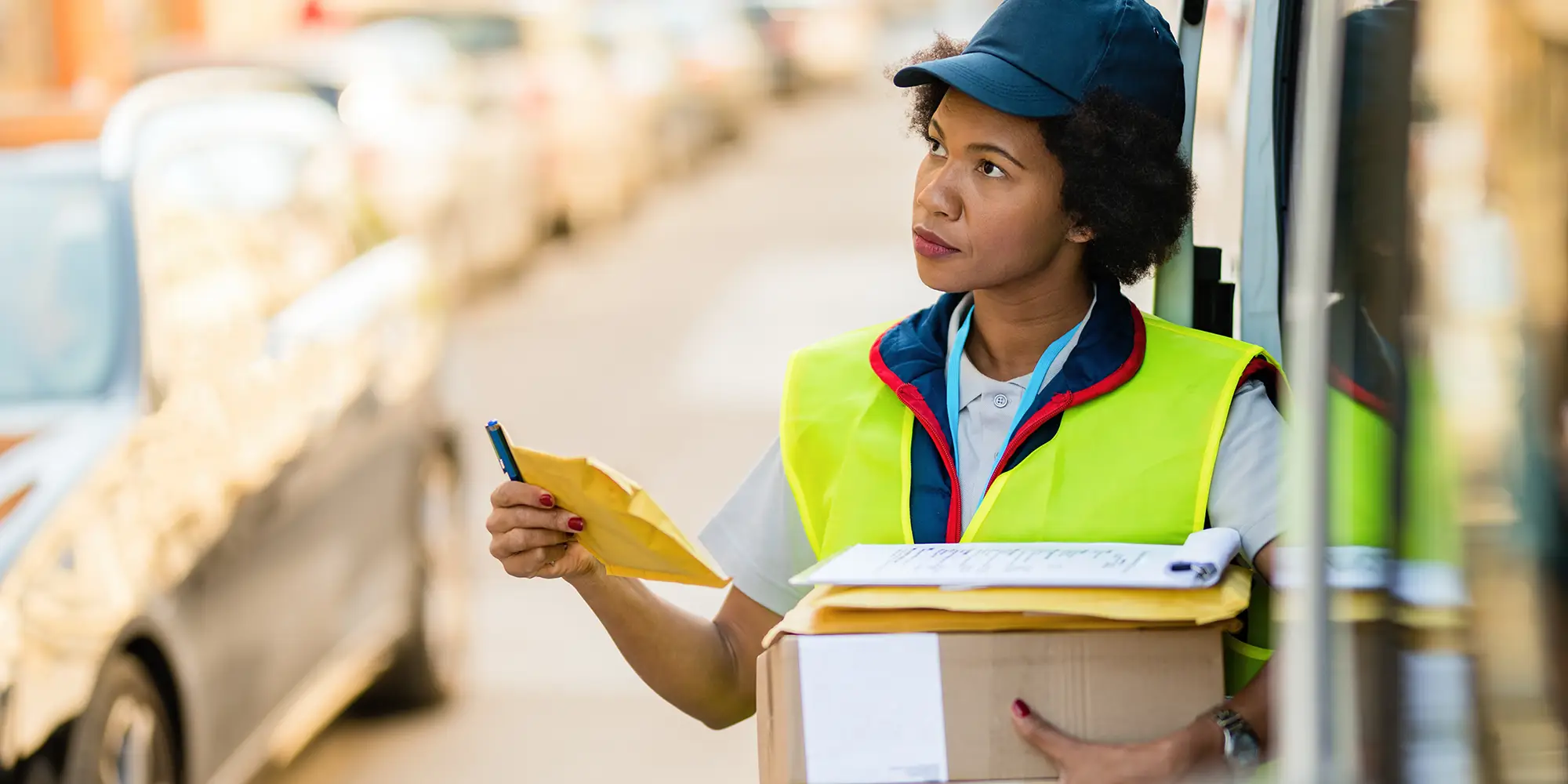In recent years, the rapid growth of e-commerce has revolutionized the way we shop. With just a few clicks, we can have products delivered to our doorstep. However, this convenience comes at a cost – the environmental impact of traditional last-mile delivery is significant. As we move towards a more sustainable future, transitioning to eco-friendly last-mile delivery in cities becomes not just an option but a necessity.
The Environmental Challenge
Traditional last-mile delivery, which involves transporting goods from distribution centers to individual consumers, heavily relies on fossil fuel-powered vehicles. This reliance on petrol and diesel engines results in harmful emissions of carbon dioxide (CO2) and other pollutants. The transportation sector is a major contributor to air pollution and greenhouse gas emissions, exacerbating climate change and posing severe health risks to city dwellers.
The Road to Eco-Friendly Last-Mile Delivery
1. Embracing Electric Vehicles (EVs)
One of the most promising solutions to reduce the carbon footprint of last-mile delivery is the widespread adoption of electric vehicles. EVs produce zero tailpipe emissions, making them a cleaner alternative to conventional vehicles. Companies can take the lead by investing in electric delivery vans and e-quads, making eco-friendly transportation a reality.
2. Leveraging Sustainable Packaging
Reducing the environmental impact of last-mile delivery doesn’t stop with the vehicles. Sustainable packaging solutions play a crucial role in minimizing waste generation. Companies can opt for biodegradable or recyclable packaging materials to ensure that every step of the delivery process aligns with eco-friendly principles.
3. Implementing Micro Consolidation
Micro consolidation involves grouping deliveries to nearby locations, optimizing delivery routes, and reducing the number of trips. By strategically planning and consolidating shipments, companies can lower fuel consumption and decrease emissions, making last-mile delivery more sustainable and efficient.
4. Investing in Drone Technology
As technology advances, the potential of using drones for last-mile delivery becomes increasingly viable. Drones offer a unique advantage of delivering packages directly to the recipient, bypassing the need for conventional transportation. Although still in its infancy, drone technology has the potential to revolutionize the last-mile delivery landscape and significantly reduce environmental impact.
The Benefits of Eco-Friendly Last-Mile Delivery
Transitioning to eco-friendly last-mile delivery brings forth numerous advantages that go beyond environmental benefits:
1. Enhanced Brand Reputation
Companies that prioritize sustainability and environmental responsibility earn the trust and loyalty of eco-conscious consumers. Embracing eco-friendly delivery practices can bolster a company’s brand reputation and attract a broader customer base.
2. Cost Savings in the Long Run
While the initial investment in eco-friendly technologies may seem significant, the long-term benefits can lead to substantial cost savings. Reduced fuel consumption and maintenance costs of electric vehicles, for example, can result in considerable financial advantages over time.
3. Compliance with Regulations
As governments and cities prioritize environmental conservation, they may introduce stricter regulations for last-mile delivery emissions. Companies that have already transitioned to eco-friendly practices will be better prepared to comply with these regulations and avoid potential penalties.
Conclusion
The need to transition to eco-friendly last-mile delivery in cities is urgent and undeniable. By embracing electric vehicles, adopting sustainable packaging, implementing micro consolidation, and exploring drone technology, companies can play a pivotal role in driving change and creating a greener future for urban delivery services. Embracing sustainability not only benefits the environment but also brings long-term advantages for businesses. As consumers, it is crucial to support these eco-friendly initiatives and encourage companies to make the necessary shifts towards a cleaner and more sustainable last-mile delivery system.
So, let’s come together and support the shift towards eco-friendly last-mile delivery – a journey that will undoubtedly lead us to a more sustainable and environmentally conscious world.

